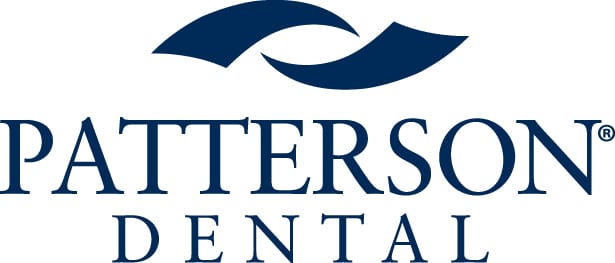Tips to Build Credit & Savings for a Thriving Future of Dental Practice Ownership
Improving your credit and saving money before buying a practice are important steps in your financial journey.
Here are some tips for both.
Tips for Improving Your Credit Before Buying a Practice
Here are essential tips to help improve your credit on your path to dental practice ownership.
1. Check Your Credit Report
Start by obtaining a copy of your credit report from all three major credit bureaus (Equifax, Experian, and TransUnion). You can get one free report from each bureau annually at AnnualCreditReport.com.
2. Pay Bills on Time
Consistently paying your bills on time is one of the most important factors in improving your credit. Set up reminders or automatic payments to ensure you never miss a due date.
3. Reduce Credit Card Balances
High credit card balances relative to your credit limit can negatively impact your credit score. Aim to keep your credit utilization ratio below 30%.
4. Avoid Opening Too Many New Accounts
Opening too many new credit accounts in a short period can lower your credit score. Be selective about new credit applications.
5. Diversify Your Credit Mix
Having a mix of credit types (credit cards, installment loans, mortgages) can positively affect your credit score.
6. Negotiate with Creditors
If you have overdue accounts, try negotiating with your creditors to settle the debt or set up a payment plan.
7. Be Patient
Building good credit takes time. Consistently following good credit practices will gradually improve your credit score.
Tips for Saving Money Before Buying a Practice
Here are essential tips to help you save more money on your path to dental practice ownership.
1. Determine Your Budget
Calculate your potential practice purchase costs, including the down payment, closing costs, and working capital requirements. Your budget will guide your savings goal.
2. Save for the Down Payment
Typically, you’ll need a down payment for a practice, and the amount varies. It can be 10-20% or more of the practice’s purchase price. Save accordingly.
3. Reduce Personal Debt
Reducing personal debt, such as credit card balances and loans, will free up more funds for your practice purchase and improve your financial position.
4. Create a Dedicated Savings Account
Open a dedicated savings account for your practice purchase. This separates the money from your regular expenses and makes it less likely to be spent on other things.
5. Increase Your Income
Look for opportunities to increase your income, such as taking on part-time work or taking CE to broaden your practice skill set to accelerate your savings.
6. Invest Wisely
If you have surplus funds that won’t be used in the near future, consider investing them in a diversified portfolio to potentially grow your savings.
7. Consult a Financial Advisor
Consider seeking guidance from a financial advisor who can help you plan and invest for your practice purchase.
Remember that the amount of money you need to save before buying a practice will depend on the specific practice, its purchase price, and your financial circumstances. It’s essential to have a well-thought-out financial plan and a good credit score when pursuing such a significant financial commitment.
In Conclusion
Looking to start up or acquire a practice and want to talk about where you stand?
Provide’s industry experts are always happy to talk through your practice ownership goals and will help guide you through your practice ownership journey.
Photo by Andrea Piacquadio


